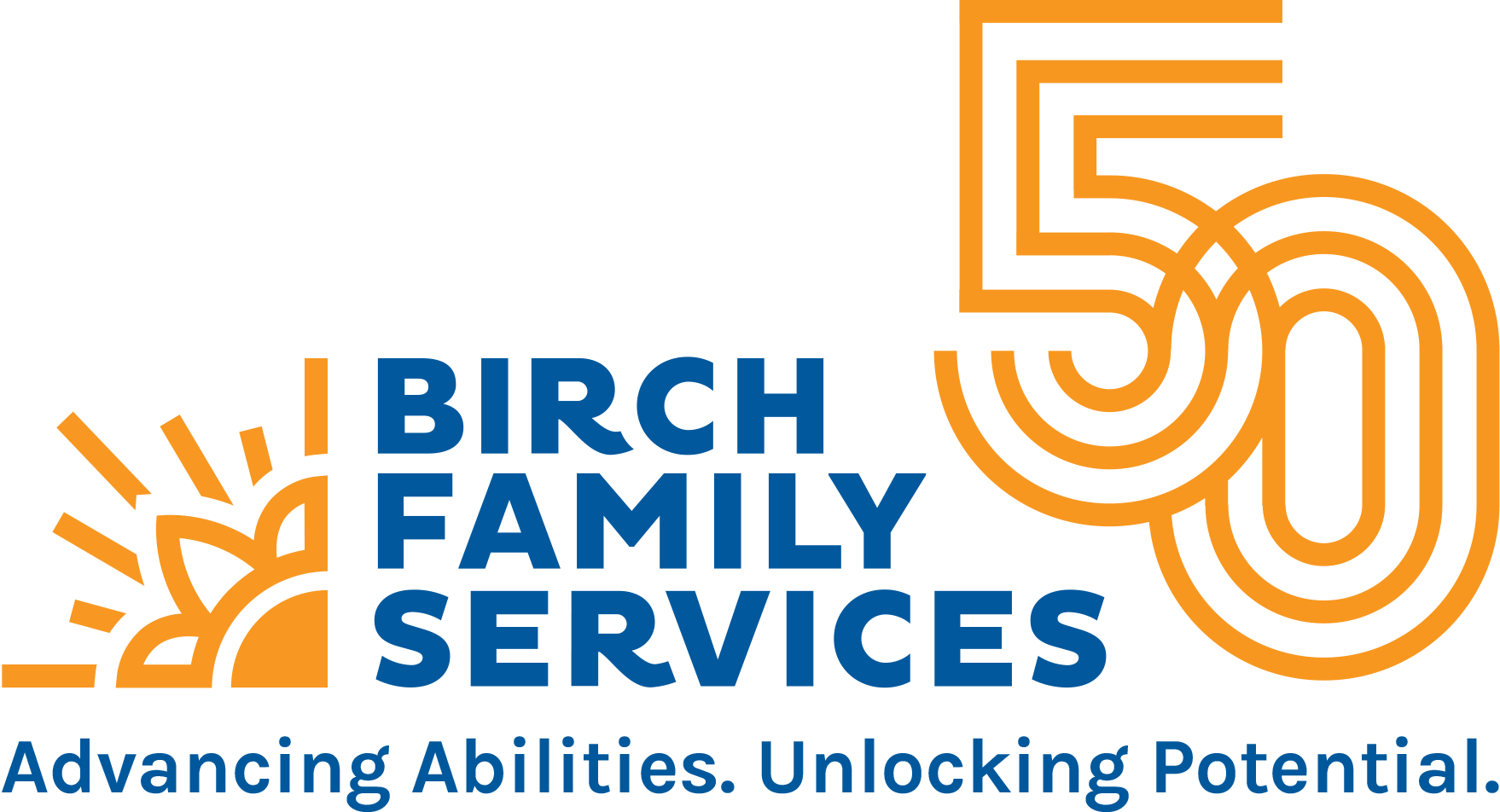





The critical work of Birch Family Services is only possible with the support of people like yourself. See below on all the ways you can help support Birch’s mission and make a crucial contribution to the children, adolescents, and adults with autism and developmental disabilities that we support each day. Here are some of the ways you can give!
Give Today
Donating Appreciated Assets
Donating appreciated assets such as stocks, mutual funds, or real estate can be a tax-efficient way to support our cause. By donating these assets directly to Birch Family Services, you may be eligible for a charitable deduction for the full fair market value of the asset, while also avoiding capital gains taxes.
Utilize Donor-Advised Funds (DAFs)
Donor-advised funds are a powerful tool for tax-efficient charitable giving. By contributing to a DAF, you can take an immediate tax deduction for the full amount of your donation, and then recommend grants to our organization and other charities over time.
Explore Qualified Charitable Distributions (QCDs)
If you are 70½ or older and have a traditional IRA, you can make a qualified charitable distribution directly from your IRA to Birch Family Services. This distribution can count towards your required minimum distribution (RMD) and is not included in your taxable income.
Bunching Charitable Contributions
Bunching charitable contributions involves consolidating several years’ worth of donations into a single tax year. By doing so, you may be able to itemize deductions in that year and take advantage of the higher deduction threshold, while taking the standard deduction in other years.
Give Tomorrow
Give Directly from Your IRA
Individuals at least 70 1/2 years old can donate funds from their IRA accounts directly to Birch Family Services and receive a tax incentive.
Make a Charitable Gift in Your Will
Include a charitable bequest in your will, a provision in your will that designates a portion of your assets or estate.
Establish a Heartfelt Investment Plan
Set up a charitable gift annuity, a giving arrangement where a donor transfers assets to Birch Family Services in exchange for a fixed income stream for life.
Give the Gift of Real Estate
Consider donating your property to Birch Family Services and eliminate the hassle of selling the property yourself.
